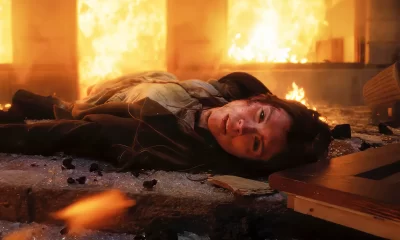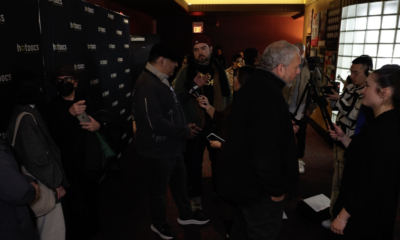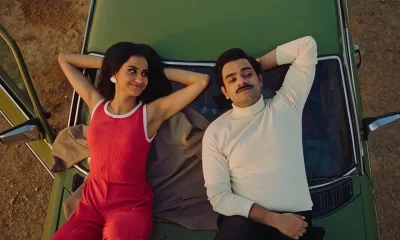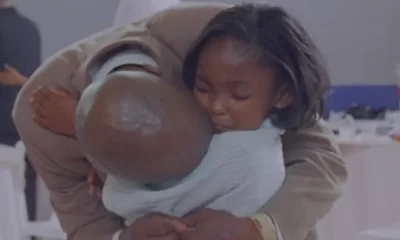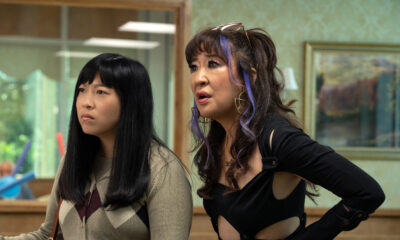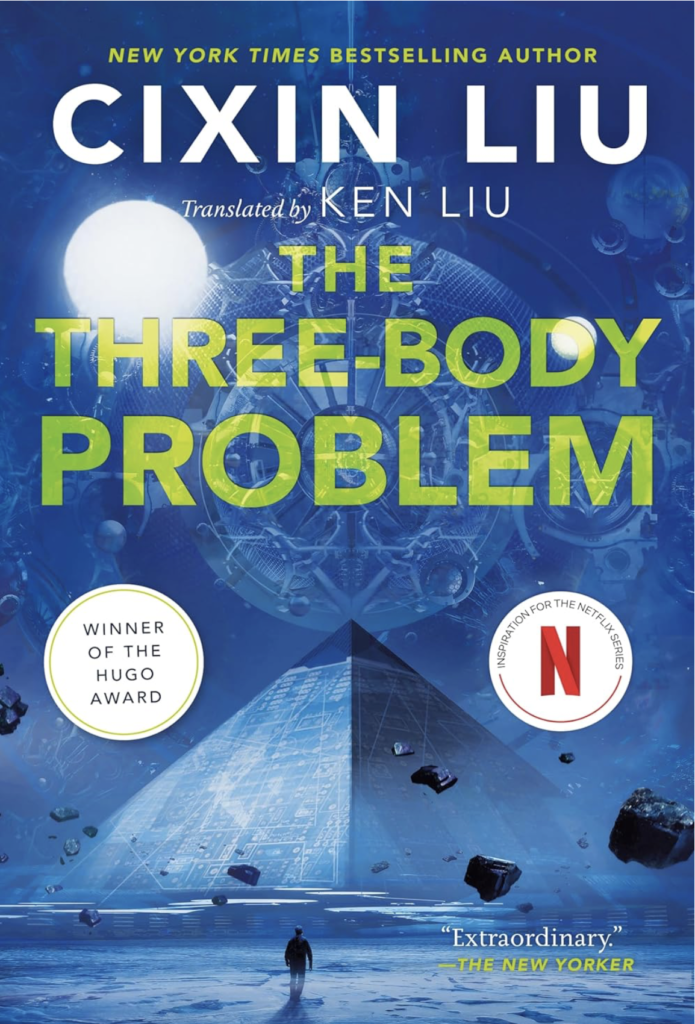DOCUMENTARIES
LEARNING WITH TEARS TEACHER
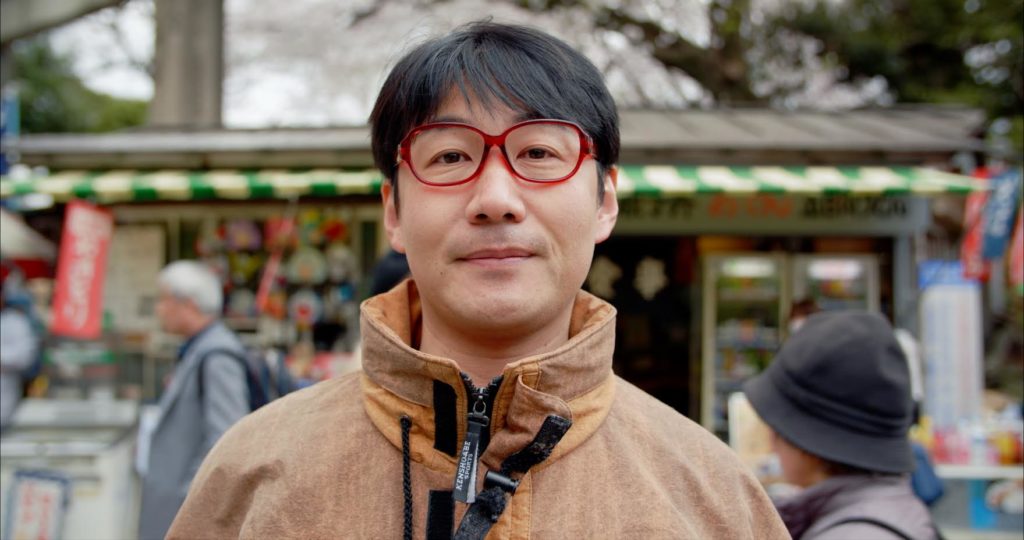

Many of us during this crisis has already cried or is going to cry somewhere down the line because of something that may be completely out of our control. Even in some cultures, crying is forbidden or looked down upon like in the country of Japan. Although, a man by the name of Hidefumi Yoshida does not see it that way and has decided to go against the grain. He is the main focus of the short documentary Tears Teacher from director Noemie Nakai and he is here to make you cry. He is by no means berating his group of followers of whom he brings into what are called “Crying Cafes” but he is rather encouraging them to let all the toxic out in the form of tears. Crying is good for the immune system and can also lead you out of periods of depression and when you are doing it alongside others it can be a spiritually enlightening experience. FERNTV spoke to director Noemie Nakai about learning with the Tears Teacher.
FERNTV: Tell us the story of how you first met Hidefumi Yoshida and getting him to be the main focus of this film?
Noemie: I was doing research for a feature when I came across an article about ‘rui-katsu’: women paying to have their tears wiped away by attractive men. It sounded like some gimmicky scam for bored housewives. I dug a little deeper and came across the man who started the crying therapy boom: Hidefumi Yoshida. His workshops didn’t feature handsome guys nor unnecessary ‘unique selling point’ – he genuinely believed that crying would help people, and made a point of teaching every single workshop himself. While there were several articles about his work, there was very little visual footage – the attendees were, understandably, reluctant to be filmed bawling. I got on the phone with Yoshida and asked if there was any way we could film him at work. He said it’d be tricky. A couple of days later, he rang back: some of his clients agreed to be filmed. I flew straight to Japan.
FERNTV: You decided to make this a short film. Why do you feel that a subject such as this is better to put in a short film format?
Noemie: I first thought about incorporating a ‘tears teacher’ character in a fiction screenplay I was writing, but the profession just seemed too eccentric to fit in. It had to be a documentary for people to really believe that it existed. I’m sure a feature could be made out of Yoshida’s story, but rather than create a case in point advocating for crying, I felt like I wanted to crack open the door to a different kind of thinking. It was less about giving answers, and more about tossing some questions around. What happens when you let yourself feel vulnerable? When you acknowledge that you don’t have it together and just need to let it all out?
FERNTV: If it is better to cry along with people rather than by yourself then how do we convince people to follow this manner?
Noemie: Yoshida mentioned that most people feel depressed when crying alone in their rooms (and who doesn’t?); but they come out of his workshops elated, serene.
Watching them, I felt like being alone vs. with people wasn’t actually what made the difference. What the group provided was the reassurance that feeling vulnerable was not something to be ashamed of; it gave them permission to feel. The Japanese are also very group-oriented, and in a society where fitting in is paramount, I think that taking up this small venture in a group also made it less scary.
FERNTV: If a crying centre can actually prevent suicide especially amongst middle-aged men then what will it take to install this in our everyday regimen like exercise? Do you feel that globally we do not have time to cry which is the reason why we don’t do enough?
Noemie: I think it’s not so much a matter of time as of space: creating a place where we’re allowed to feel vulnerable, whether with people or in our heads. It may seem obvious to Western audiences, but the majority of my Japanese friends are horrified at the idea of having to rely on a psychologist. I remember living in London and seeing countless ads for mental health in the tube. It’s unthinkable in Japan.
FERNTV: How will we be able to westernize “Crying Cafes” or crying centres.
Noemie: Most of my friends in France cry at least weekly. I’m not sure what use they’d make of crying cafes… (laughs).
Why limit the discussion to crying-only spaces? I’d love to see more places where we could release our emotions, free from society’s judgment. Maybe “I’m a bundle of nerves feeling like a colossal failure but I’ll embrace it” cafe? I’d probably be a regular!
FERNTV: Do you feel that “Rage Rooms” which originated in Japan are of equal stress relievers to crying centres or crying cafes?
Noemie: I didn’t even know Rage rooms started in Japan! I guess I just found the follow-up to my short (laughs).
I don’t know much about rage rooms, but in Japanese culture, showing sadness or anger is considered taboo – an ‘adult’ should be able to suppress her feelings. We’re taught from a young age that men are not supposed to cry, while women are not supposed to get angry. Yoshida mentioned that the people who come out the most transformed from his crying workshops are male. Most of them hadn’t cried in decades… I wonder if rage rooms have a strong female following – it’d be an interesting parallel!
FERNTV: How does it feel to be part of Hot Docs this year and what are some of your upcoming projects?
Noemie: ‘Mindblowing’ pretty much sums it up. We made this doc on a whim: just my DP, myself, and a couple of pages of hastily written script. Needless to say, we had no producer, no money, and hadn’t even met our subject before we started rolling. We both usually work in fiction and had no idea how documentaries worked, so Hot Docs very much felt like some distant, unachievable goal. As for what’s coming next, I recently won an award at the Busan film festival for a feature I wrote, so we should back filming Japan as soon as I’m done ‘polishing’ the script (which usually takes… months and months?). But first of all, I’ll probably be binging on all the films available via Hot Docs’ platform. It means a lot for us filmmakers that the festival is still taking place – in a cinema or on a laptop, as long as our film gets to connect with an audience, it makes the whole endeavour worthwhile.
Happy crying to you all!


-

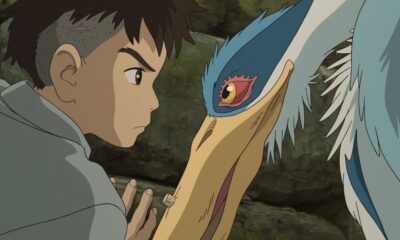

 BIPOC4 months ago
BIPOC4 months agoThe Boy and the Heron @TIFF 2023
-



 TIFF 20238 months ago
TIFF 20238 months agoViggo Mortensen in The Dead Don’t Hurt @TIFF2023
-



 ACTORS/ACTRESSES2 months ago
ACTORS/ACTRESSES2 months agoAn Exciting Conversation with Sydney Sweeney @SXSW 2024
-

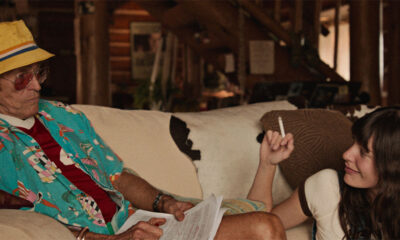

 Uncategorized8 months ago
Uncategorized8 months agoWillem Dafoe in Gonzo Girl @TIFF 2023
-

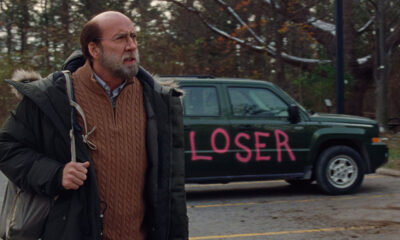

 TIFF 20238 months ago
TIFF 20238 months agoNicolas Cage in Dream Scenario @TIFF 2023
-

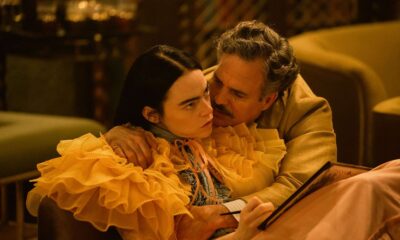

 ACTORS/ACTRESSES3 months ago
ACTORS/ACTRESSES3 months agoThe Exciting 96th Oscar Nominations Announced
-



 Uncategorized9 months ago
Uncategorized9 months agoSly to close TIFF2023
-

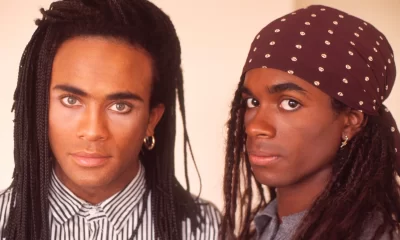

 TRIBECA 202311 months ago
TRIBECA 202311 months agoMilli Vanilli @ Tribeca Film Festival 2023


